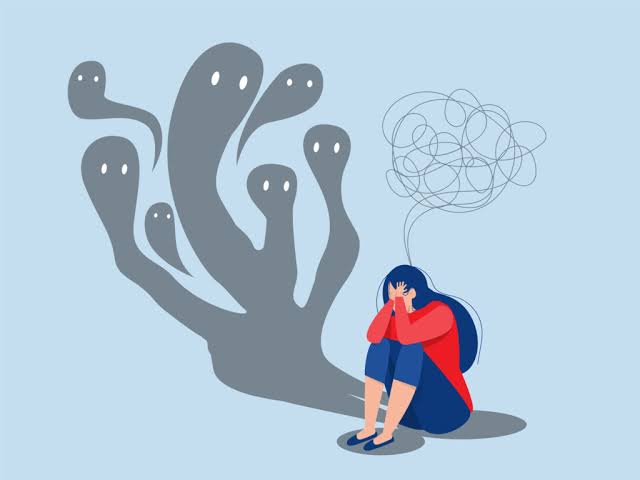
Part 2 Psychological Insights into Ghosting
Panelists:
Moderator: Little Sophia
Guest 1: Dr. Emily, Child Psychologist
Guest 2: Mr. Michael, Relationship Coach
Guest 3: Ms. Grace, Social Worker
Little Sophia: Hello, everyone, and welcome to our panel discussion on the psychological insights into ghosting! I’m your moderator, Little Sophia, and I’m so excited to learn more about this topic. Let’s start by discussing why people ghost. Dr. Emily, could you share your insights on this?
Dr. Emily: Of course, Little Sophia. People ghost for various reasons, often stemming from fear or avoidance. For some, it’s a fear of confrontation or difficult conversations. They may feel anxious or overwhelmed by the thought of explaining their feelings, so they choose to disappear instead.
Little Sophia: That’s interesting, Dr. Emily. Mr. Michael, as a relationship coach, what are your thoughts on this?

Mr. Michael: Well, Little Sophia, personality traits can also play a role in ghosting behavior. Individuals who are introverted or shy may find it particularly challenging to communicate openly about their feelings. Additionally, those with perfectionist tendencies may fear rejection and judgment, leading them to avoid potentially uncomfortable situations altogether.
Little Sophia: Thank you, Mr. Michael. Ms. Grace, from a social work perspective, how do you see ghosting affecting both parties involved?
Ms. Grace: Ghosting can have significant long-term effects on both the ghosted individual and the ghoster. For the ghosted person, it can lead to feelings of rejection, confusion, and even depression. They may struggle to understand why they were suddenly cut off and may blame themselves for the disappearance. On the other hand, the ghoster may experience guilt or shame for their actions, especially if they realize the impact it has had on the other person.
Little Sophia: Thank you, Ms. Grace. It’s clear that ghosting can have a profound impact on people’s emotional well-being. Dr. Emily, what advice do you have for someone who has been ghosted?
Dr. Emily: It’s essential for the ghosted individual to prioritize self-care and seek support from friends, family, or a mental health professional. Journaling can be a helpful way to process emotions, and engaging in activities that bring joy and relaxation can provide much-needed comfort during this challenging time.
Little Sophia: Thank you, Dr. Emily. And what about the ghoster? Mr. Michael, how can they navigate the aftermath of ghosting?

Mr. Michael: It’s crucial for the ghoster to reflect on their actions and consider the impact they may have had on the other person. Taking responsibility for their behavior and offering a sincere apology, if appropriate, can help alleviate some of the guilt and shame they may be experiencing. Additionally, seeking therapy or counseling to address underlying issues such as fear of confrontation or low self-esteem can be beneficial in preventing future ghosting behavior.
Little Sophia: Thank you, Mr. Michael. It’s essential for both parties to prioritize their emotional well-being and seek support when needed. Thank you all for your valuable insights into ghosting. This has been a fascinating discussion!
